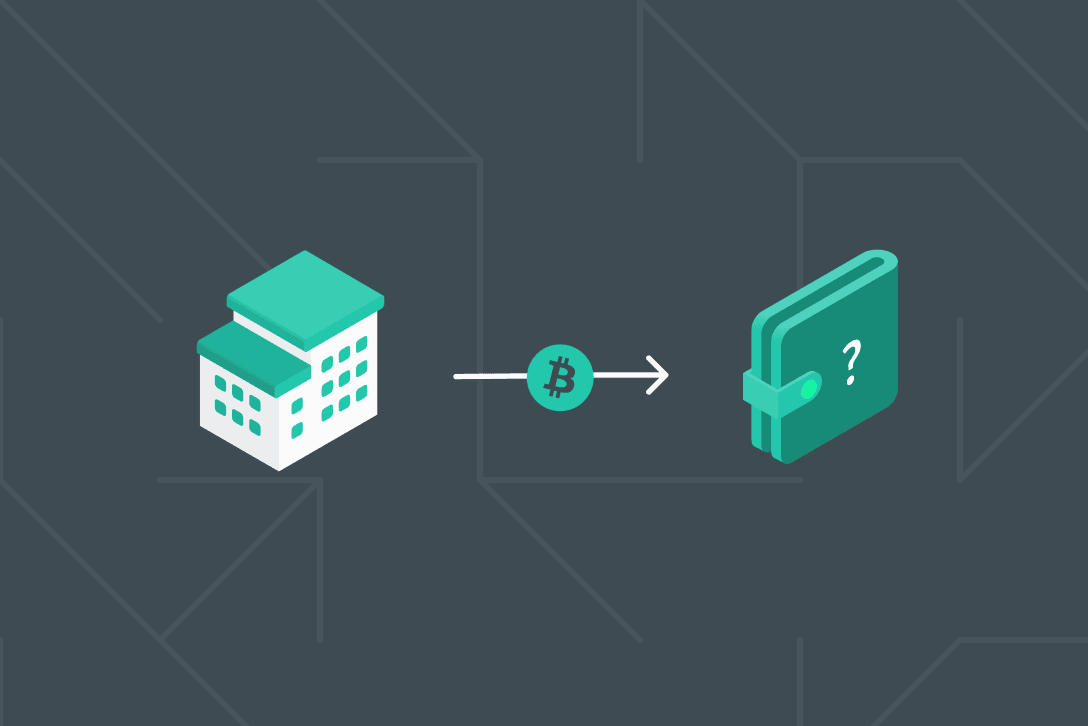
5 Benefits of Self-hosted Wallets
Self-hosted wallets are the way to go if you are serious about keeping your digital assets, your assets. Their benefits have been highlighted repeatedly, especially during 2022, and this reference doesn’t solely refer to the FTX debacle; 2022 produced the most crypto hacks in a year to date. By November, nearly USD 3 billion in assets had been lost. On top of this, many exchange giants have repeatedly been featured in the news for questionable ethics.
Financial watchdogs, like the Financial Action Task Force (FATF), are working on solutions for a safer and trust-filled ecosystem, but this solution has flaws. For starters, it is left to the control of regulators; you have no control or say. Secondly, it could take time before your jurisdiction sees the implementation of these regulations. Even with these regulations, you are not guaranteed that your assets will be 100% safe.
There is a solution that is safe and available to you immediately: self-hosted wallets.
5 Benefits of Self-hosted Wallets
1. Your Assets Stay Your Assets
With self-hosted wallets, your assets are not held at an exchange. As we have seen, exchanges are susceptible to many problems; most crypto users are aware of the risk of cyber attacks, like hacking, but what about the other issues? Some exchanges are guilty of committing 2 major offences. The first is not backing the crypto they hold one-for-one, and the second is mixing customers’ assets with the exchange’s reserves. Though technically not a crime (yet), these offences can significantly affect your assets.
Usually, when cryptocurrencies suffer a great devaluation or when users get wind of an exchange about to go under, they attempt to withdraw their funds to reduce their losses. When 1000s of customers try to do this simultaneously, it becomes challenging for exchanges to pay them out if they do not actually hold the assets or have reinvested the funds elsewhere.
With this knowledge, why would you give control of your assets to someone else? Why risk losing your assets? By using a self-hosted wallet, this cannot happen as your assets stay your assets.
2. Self-hosted Wallets Are Safe
Self-hosted wallets are incredibly safe as you, and only you, hold the private key required to spend your assets. Assets cannot be spent without access to a wallet’s private key. When assets are kept on an exchange, only the exchange has access to the private key required to manage your assets; not even you have access to this key that controls your funds. Moreover, most exchanges issue one address for you to conduct your transactions. This is unsafe as your and your counterparty’s transaction history can be tracked on the blockchain. With self-hosted wallets, you are able to generate a new address with every transaction to mitigate this.
3. Self-hosted Wallets for Every Scenario
Nowadays, there are copious wallet options available to suit your profile. Options include:
Hardware wallets that resemble USBs, like BitBox02 and Ledger. These wallets need to be plugged into your computer to function.
Mobile wallets like Blue Wallet that you can operate on your smartphone.
Desktop wallets for more advanced users like Electron. These wallets run as software on your computer.
Paper wallets where the wallet’s private key and addresses are written down.
4. Self-hosted Wallets Mean Asset Longevity
Self-hosted wallets serve as a way to safeguard your assets over the long term. If stored in a self-hosted wallet, assets cannot be touched by anyone but yourself and can be left there indefinitely. Exchanges run the risk of being sold or going under. Assets in a wallet are protected against being lost.
5. The Extra Step Means Extra Safety
There is one slight difference when transferring from a self-hosted wallet through an exchange: the additional transaction. When assets are stored on an exchange, transfers can be conducted similarly to traditional banking; a customer sends assets from exchange A to exchange B or from exchange A to a wallet. However, when using your self-hosted wallet, you need to transfer your assets from your wallet to the exchange and proceed with your transaction.
While this extra step is an extra step in the transfer process, it doesn’t require much from the self-hosted wallet owner, a few clicks and a few minutes (usually, you can spend more on transaction fees to reduce the time required to wait). Additionally, when taking in the enormous security benefits a self-hosted wallet offers you, this step is quickly worth it.
In Parting
Self-hosted wallets offer enormous safety benefits to their users. Exchanges, on the other hand, cannot always offer the same safety aspect, although they have their benefits. Many users love the ease and convenience of exchanges, that and the human element attached to them. For example, with exchanges, if you forget your password you can retrieve it and continue transacting, but with self-hosted wallets, if you lose your private key you are no longer able to access your assets.
We are not discouraging crypto users from stopping using exchanges, but we are highlighting that there is a way to safeguard your assets and prevent losses.
To find out more, read Why the Focus on Self-Hosted Wallets?


